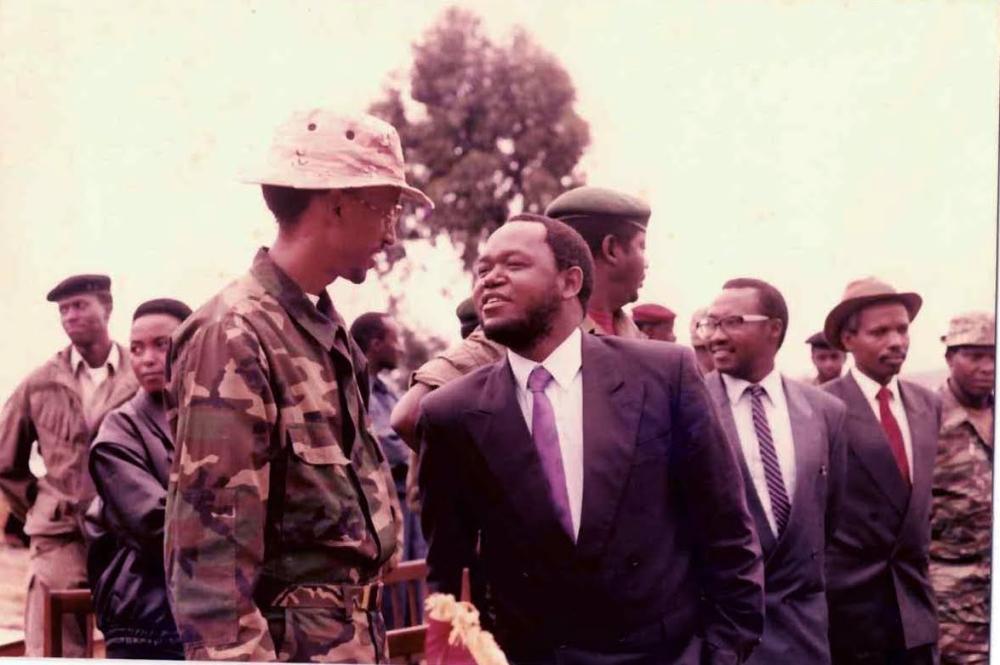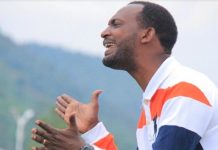Jean-Paul Munyandamutsa
Africa-Press – Rwanda. Since its founding, the Rwandese Patriotic Front (RPF) has prioritised political education as the bedrock of its transformational agenda. In 1986, the party introduced its first political‐education syllabus, refined it in 1987, and continuously updated it to meet evolving challenges. At its core lie four pillars:
Mastery of operational guidelines—understanding the RPF’s structure, responsibilities, targets, and collaborative frameworks.
Mobilisation skills—engaging citizens to support and advance the party’s manifesto.
Ethical results‐driven leadership—embodying equity and humility as the ideological code by which cadres are judged.
Discipline through accountability—enforced by internal audit committees within the party and its public institutions.
From cell‐level mobilisation to nationwide participation
During the Liberation War, grassroots organisation began in cells, where members learned about the struggle’s objectives, mobilised resources, and recruited new supporters. Beyond basic membership, energetic and talented Rwandans were chosen as cadres: they received specialised training, championed the RPF’s ideology at every level, and often undertook diplomacy, intelligence gathering, and fundraising.
Through this network, cadres instilled a culture of participation—encouraging initiative, evidence‐based decision‐making, rigorous self‐evaluation, and a long‐term vision. Uniform adherence to collective decisions, guided from the top leadership, ensured unity and discipline.
Sustaining political consciousness in peace time
After 1994, the RPF embedded political education into national life, forging Itorero—a public forum to deepen civic clarity and responsibility.
By nurturing citizen consciousness, Itorero has cultivated a distinctive political culture: one in which Rwandans take ownership of governance, hold leaders accountable, and innovate to address challenges. This ever‐evolving practice has enabled continuous recruitment of new cadres, rising through stages of hostility, sympathy, neutrality, and finally committed leadership—each step reducing resistance and strengthening collective resolve.
Ideological resilience in the face of Genocide
Between June 1992 and April 1994, the RPF achieved steady military and political gains against a better‐equipped government. Yet, as President Habyarimana’s regime turned to genocide, the ideological battle intensified.
Long‐standing ethnic prejudices—stoked by decades of propaganda—threatened to derail the struggle. Extremists, led by Theoneste Bagosora, aimed to crush the RPF by exhausting its fighters and sowing confusion. Instead, the RPF’s disciplined ideology and unwavering focus on ending genocide enabled it to survive the “slap of the genocidaires” and ultimately seize control of the country.
Building a constitution on Rwandan terms
In the wake of liberation, Rwanda embraced a consensual democracy enshrined in its constitution—crafted not to mimic external models, but to suit its unique context.
Broad consultations defined democracy as a tool for conflict resolution, rights protection, and socio‐economic development. New institutions were established to foster analysis, discernment, and inclusion, ensuring that every citizen could participate meaningfully in national life.
Thirty‐one years of transformation
Today, Rwandans look back on three decades of impressive progress in security, development, and social cohesion. Guided by values intrinsic to Rwandan culture—endurance, commitment, perseverance, and volunteerism—the RPF‐led government has built a capable state and transformational leadership.
From the birth of the Rwanda Defence Force to the creation of a world‐class public service, each milestone has been driven by the pro‐people ideology instilled through political education.
The RPF’s sustained emphasis on ideological training and consensual governance has produced a political culture of integration and shared responsibility. As Rwanda continues its journey, the legacy of that ideological victory remains its greatest asset—one that binds citizens and leaders alike in the pursuit of sustainable development.
Source: The New Times
For More News And Analysis About Rwanda Follow Africa-Press






